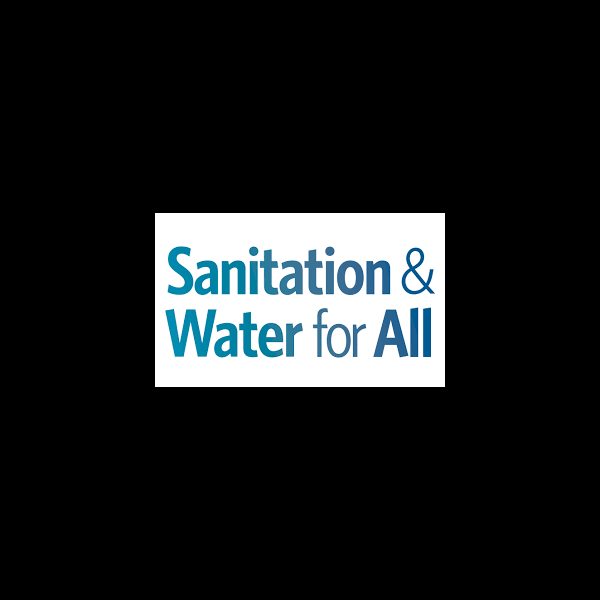About the product
Human dependency on unsafe drinking water sources is higher in rural areas, particularly in northern Ghana, where due to intensive climatic situation, essential water bodies dry-up, leaving both animals and humans in a perilous competition over water. Rural communities of northern Ghana are particularly deprived of access to clean drinking water, healthcare and proper sanitation, with 5 in every ten children dying before their fifth birthday due to some water and environmentally-related illnesses. Approximately, 32% of the 2.5 million residents of the three northern regions, lack access to sanitation and improved water sources and most often resort to contaminated drinking-water sources. Children and women in rural households are responsible for domestic chores of fetching water and household sanitation and thus are particularly affected. Children travel far distances in search of water to the neglect of schooling. Open defecation and littering of waste is on the increase in rural communities due to inadequate education on sanitation, poor waste management structures and unavailability of toilet facilities. These exposes children to disease infection which results in poor school attendance, retards child growth and development. Lack of knowledge on human sexuality and reproductive health, due to sexual myths and socio-cultural barriers is causing teenage pregnancies in our communities. Interventions in this sector includes;
maternal and infant healthcare education, awareness campaigns using diversified sources including media, technology, healthcare professionals including Doctors, Midwifes/ Registered Nurses etc.
sexual and reproductive health education focusing on sexually transmitted diseases.
partnerships in our efforts to achieving environmental sustainability, making our communities safer, secured and better for the common good of humanity.
maternal and infant healthcare education, awareness campaigns using diversified sources including media, technology, healthcare professionals including Doctors, Midwifes/ Registered Nurses etc.
sexual and reproductive health education focusing on sexually transmitted diseases.
partnerships in our efforts to achieving environmental sustainability, making our communities safer, secured and better for the common good of humanity.
Contact with supplier
